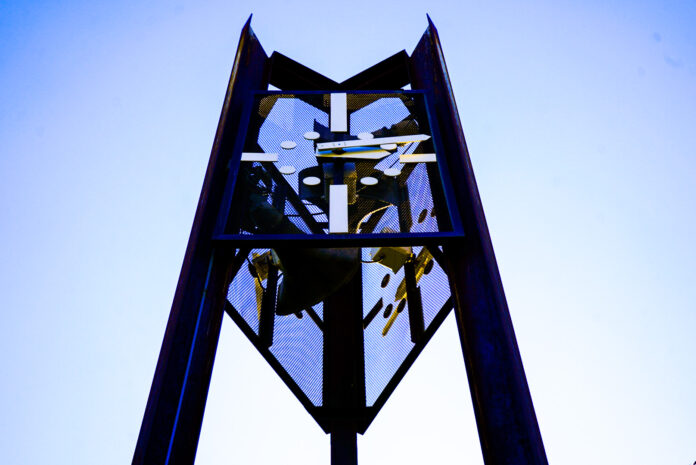
On March 13th, 2022, everyone around the country had to ceremoniously set their clocks ahead one hour as the time changed that day at 2 a.m. For years, daylight savings time consists of people all across the country switching their clocks either ahead or behind an hour, getting ready for the constant change that never truly made sense.
However, on March 15th the US Senate unanimously voted to make daylight savings time permanent, meaning no more time change. This bill allows for more sunlight hours, active people, and an end to the constant fatigue that accompanies the seasons, a positive change that really brings no negatives with it.
Daylight savings time has alway prolonged the day, making the nights shorter and the sun shining for longer hours. The reasoning behind this constant time change has always been to help reduce crime, conserves energy, and prevents traffic accidents.
Yet, despite these positive impacts, the time change can negatively affect many people’s sleep schedules, disrupting their internal clocks and rhythms. In turn, this causes fatigue during the day, headaches from exhaustion, and even insomnia in some cases.
According to an interview with health reporter Adrianna ROdrigeuez, conducted by Claire Thornton, she explained that each person has a circadian rhythm, an internal clock that allows the body to get adequate and regulated rest. When daylight savings time occurs, and we set the clocks ahead an hour, this internal clock we have does not follow, causing more fatigue and health problems.
“So the most obvious answer to that question is that we quote unquote, lose an hour of sleep. Instead of waking up at 8 a.m., we’re waking up at an hour that our body says is 7 a.m., but the clock now says is 8 a.m. right?” Rodriguez stated.
Keeping a year round clock that never changes will benefit many who struggle to get back to a regular sleep schedule when the times change, allowing their clocks to stay consistent. Hopefully, this means an end to the sleepless nights and yawn infested workdays.
Also, with the bill passing, more sunlight time means more active families and people, as it does not get dark as fast anymore. People tend to be out more during the afternoons and evenings, and having more light during the day will increase more traffic for both restaurants and businesses.
When it gets dark out, people tend to stay indoors or leave places quickly, causing slower seasons and traffic for stores and businesses. With the days being longer, more people will get to go out, allowing for a stress outlet and boost in the economy.
At the end of the day, the bill passing is overall a positive change, as it will allow for people to finally have a set schedule, more leeway in the day, and stop the hassle of always having to change the clocks. Daylight savings time has always been a bit confusing and rattling, but now with it becoming permanent, everybody is finally on the same internal clock.
